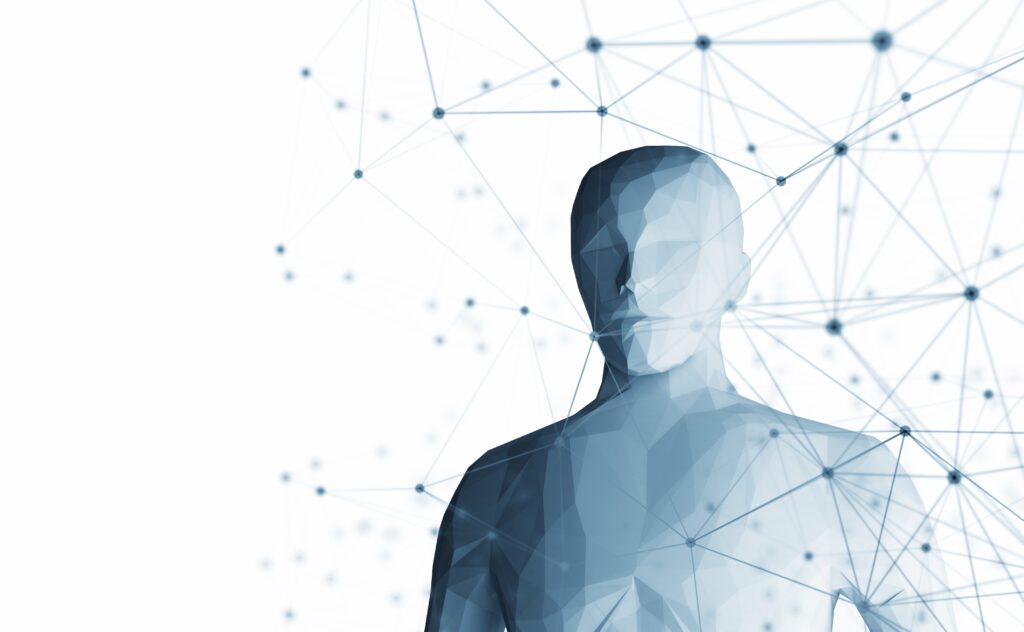
Equality in healthcare is something that healthcare professionals work very hard to achieve. So, when something like artificial intelligence (AI) comes onto the scene there were some concerns. Research in AI has shown how it’s greatly beneficial to reducing cost and making healthcare more accurate, fast, and reliable. The racial issues with AI are found in certain situations and it’s not entirely the fault of the AI. Let’s start with a basic form of AI called machine learning.
Biased data in machine learning
One basic function of AI is machine learning. This means that AI can “learn” and make decisions based on data that are taken in and whatever algorithm the AI is using. It’s important to understand that AI has no political agenda so it has no motivation to show a bias. It’s simply learning and making decisions based on its algorithm and whatever data is being fed to it.
Good data, bad data
Having bad data going into any system means getting poor results. A lot of the poor results coming out of AI comes from what data that it’s being fed. Data points like race, education, and location can force AI machine learning to form a bias. This bias is purely based on data and not on any obscure agenda that the AI has. To fix this you simply have to fix the kind of data that’s collected.
How doe this affect healthcare?
A lot of the issues with AI machine learning creating a bias is seen in areas like human resources in relation to picking qualified candidates. AI in healthcare deals with things like disease prediction and diagnosis. While there does exist a potential for bias, most machine learning is using data related to medical history and symptoms. So things like age and race would still be valid data points for an AI to use.
Dermatology is a perfect example of this. Many of the AI apps being introduced in dermatology have the ability to analyze a picture of a skin lesion or mole and predict what the diagnosis is. In fact, many out performed seasoned dermatologists in detecting up skin cancer! However, most data sets used to “teach” these AI algorithms come from photos of the diseases on Caucasian skin. The performance of these applications in darker skin types may therefore be less than adequate.
Despite all of this, the potential for AI to be racist, which is really a human condition and not a robotic one, is pretty slim. The important thing to remember about AI in healthcare is that it’s helping medical professionals spot things like cancer earlier and increased diagnostic accuracy. This means better healthcare for people like you.
To learn more about the impact of artificial intelligence in healthcare and dermatology, contact me.
Previous Post Next Post